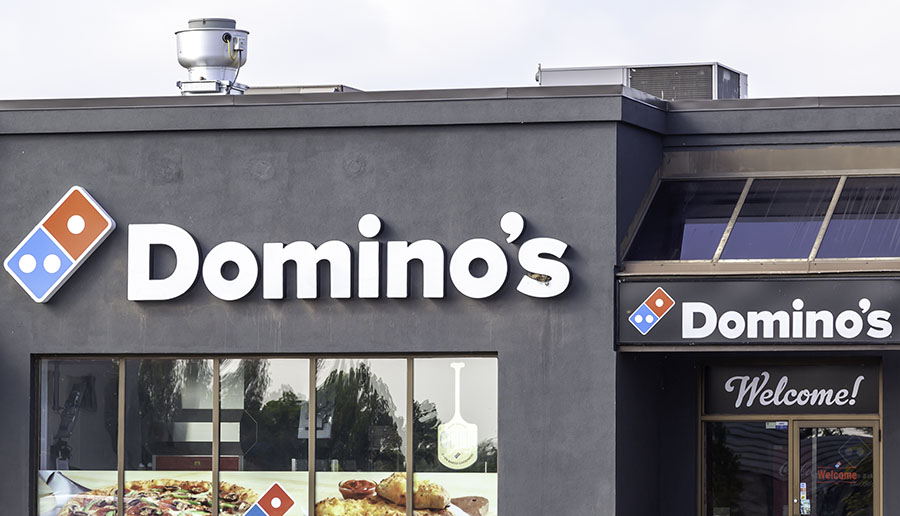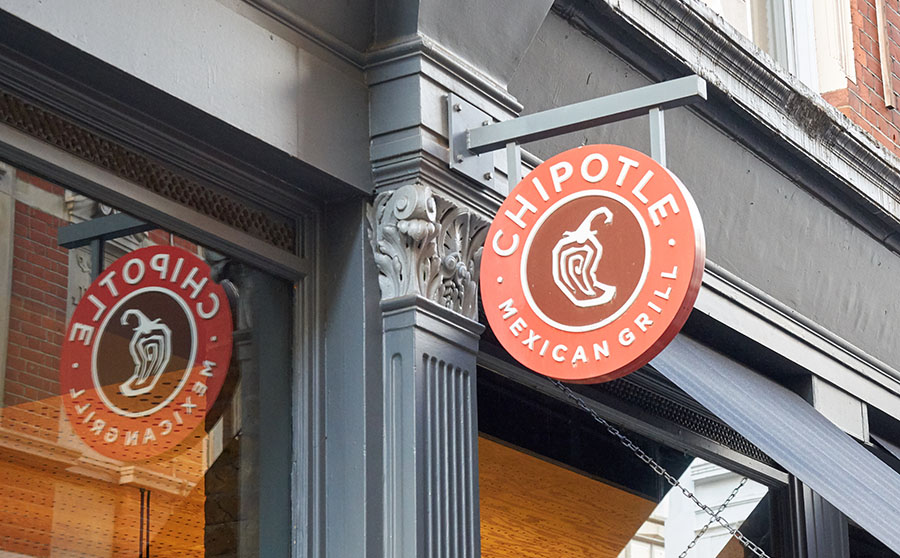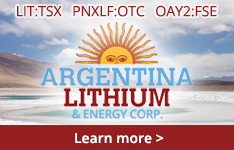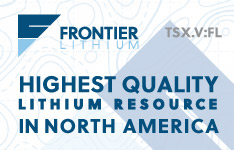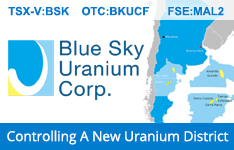One of the hottest acronyms—and investment vehicles—on Wall Street these days is SPAC, shorthand for "special purpose acquisition company." How hot are SPACs? In the first quarter of 2021, SPACs have raised nearly $88 billion—$5 billion more than they raised in all of 2020.
Some of the biggest SPAC mergers in 2020 took place in the cannabis, green technology and sports-betting sectors, according to Investopedia. Those included DraftKings (DKING), taken public by the Diamond Eagle Acquisition Corp. and SBTech and QuantumScape (QS), a solid-state battery developer taken public by Kensington Capital Acquisition. Crunchbase's monitor of venture capital-backed companies that have or will go public through a SPAC in 2021 lists more than 50 already, including familiar names like 23andMe, SoFi and WeWork.
SPACs Defined
A SPAC is a company formed specifically to raise capital for the purpose of acquiring one or more privately held companies. A SPAC is, in effect, a shell company, with no assets of its own, apart from the cash it raises in its IPO. The SPAC uses that cash (or investments) to look for targets to acquire. Investors in the SPAC (also called sponsors) generally do not know what specific company they will be investing in. This explains why SPACs are also called "blank check companies."
The funds raised by a SPAC are placed in a trust account until a target company is identified. This becomes the SPAC's "initial business combination" transaction, also called a reverse merger. From that point forward, the acquisition becomes a publicly traded company.
As FINRA notes in its discussion of SPACs, "Most retail investors don't have the opportunity to invest in promising privately held companies due to a host of hurdles. SPACs are a way for public investors to now 'partner' with investment professionals and venture capital firms who source and perform due diligence on these companies, a partnership that has the potential to turn into an additional source of capital appreciation in their portfolios."
What Draws Private Companies to SPACs
Why would a successful private company or a start-up founder choose a SPAC instead of their own IPO? Here are a few considerations:
- The road to an IPO can be long, rocky and expensive. Being acquired by a SPAC speeds access to the market.
- SPACs may offer more certainty and control over pricing and deal terms.
- Highly leveraged companies can run into challenges during an IPO that aren't an issue with a SPAC.
- Company founders and major shareholders may be able to sell a higher percentage of their holdings in a reverse merger, and they can detour around the lock-up periods often associated with an IPO.
When Investing in a SPAC IPO
Because SPACs lack operating history, potential investors need to pay attention to the reputations and expertise of the SPAC founders and managers, and how they will be compensated during the lifetime of the SPAC and when the business combination goes through.
There are some big names and reputations behind SPACs. Kiplinger recently listed 10 SPAC dealmakers to watch, including 7 & Co. Holdings (VII) in the tech sector, Accelerate Acquisition (AAQC.U), headed up by Robert Nardell, former head of Chrysler and Home Depot, and Bridgetown Holdings (BTWN), launched by Peter Thiel and private equity guru Richard Li.
Due diligence for someone considering investing in a SPAC would include:
- Examining the SPAC's prospectus and current reports in the SEC's EDGAR database.
- Understanding how the SPAC will invest its IPO proceeds while it looks for an appropriate business combination candidate. You will want to be sure they are held in a trust account and are invested in relatively safe instruments.
- Knowing the time frame for a SPAC undertaking its first business combination. While two years is a typical time period, this varies.
- Understanding your redemption rights and whether you are purchasing units, common stock, warrants, or a mix of those instruments.
Investors who want to explore the SPAC space have another option: exchange-traded funds that invest in SPACs. These ETFs usually offer a mix of companies that have gone public by merging with a SPAC and SPACs that are still searching for a target to take public.
What an Initial Business Combination Entails
When a SPAC has identified a candidate for acquisition, the SPAC's investors may choose to redeem their shares, and, depending on how the SPAC is structured, participate in a proxy vote on the proposed transaction. In cases where one of the SPAC sponsors holds enough votes to approve the transaction, smaller shareholders will receive an information statement, not a proxy statement.
Some SPACs are structured so shareholder approval of transactions is not required. In this situation, shareholders in the SPAC receive a tender offer statement that describes the target business and outlines the redemption rights.
Where to Tread Carefully with a SPAC IPOs
All investments have their risks, and SPACs are no exception. Here are a few things FINRA suggests you keep in mind:
- Less information may be available with a SPAC than an IPO because SEC regulations require more disclosures in an IPO.
- SPACs can be more speculative investments, focused on short-term gains rather than long-term outcomes.
- High fees and incentives paid to the SPAC sponsors and managers may be a warning sign.
- Conflicts of interest may occur between the SPAC sponsors and its public investors.
- Disagreement may arise between the investors and the SPAC sponsors over what qualifies as a viable target for the initial business combination.
- Fluctuating prices might make it harder for investors to see a positive return on their investment.
To learn more about SPACs, look at these resources:
SEC: Office of Investor Education & Advocacy Investor Alert
CNBC: SPACs Break 2020 record, but the red hot-industry faces challenges ahead
FINRA: Investing in a SPAC
NASDAQ: 2020 has been the year of SPAC IPOs
Crunchbase: Here's Which VC-Backed Companies Are Going Public Via SPAC This Year (So Far)
Kiplinger: The SPAC List: 10 Dealmakers to Watch
[NLINSERT]Disclosure:
1) Diane Fraser compiled this article for Streetwise Reports LLC and provides services to Streetwise Reports as an independent contractor. She and/or members of her household own securities of the following companies mentioned in the article: None. She and/or members of her household are paid by the following companies mentioned in this article: None. Her company has a financial relationship with the following companies referred to in this article: None.
2) This article does not constitute investment advice. Each reader is encouraged to consult with his or her individual financial professional and any action a reader takes as a result of information presented here is his or her own responsibility. By opening this page, each reader accepts and agrees to Streetwise Reports' terms of use and full legal disclaimer. This article is not a solicitation for investment. Streetwise Reports does not render general or specific investment advice and the information on Streetwise Reports should not be considered a recommendation to buy or sell any security. Streetwise Reports does not endorse or recommend the business, products, services or securities of any company mentioned on Streetwise Reports.
3) From time to time, Streetwise Reports LLC and its directors, officers, employees or members of their families, as well as persons interviewed for articles and interviews on the site, may have a long or short position in securities mentioned. Directors, officers, employees or members of their immediate families are prohibited from making purchases and/or sales of those securities in the open market or otherwise from the time of the decision to publish an article until three business days after the publication of the article. The foregoing prohibition does not apply to articles that in substance only restate previously published company releases.







